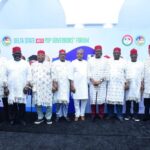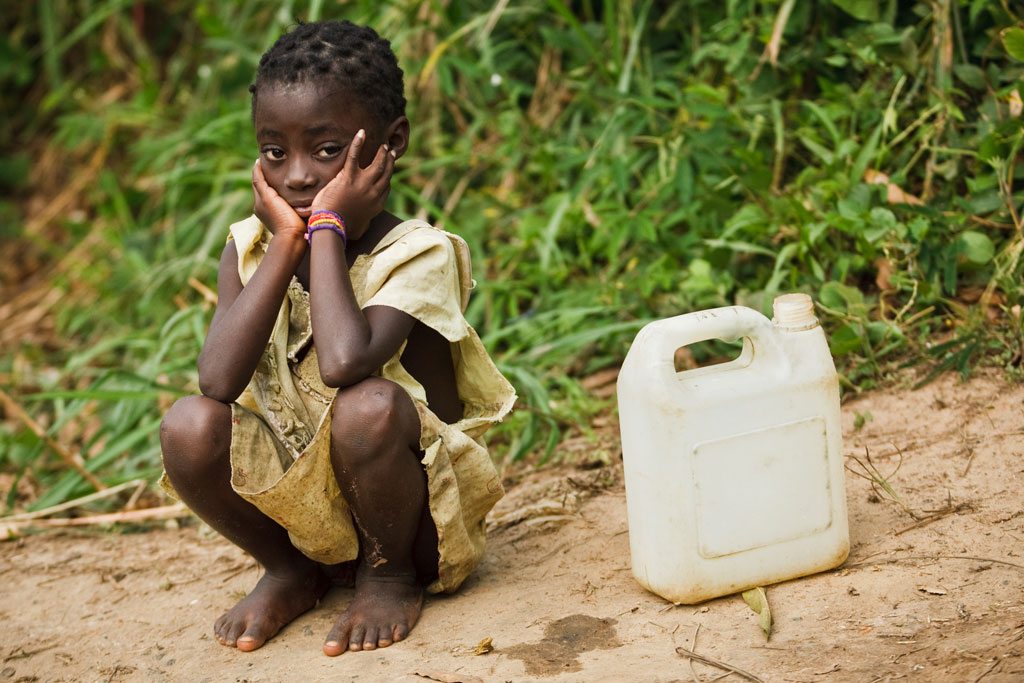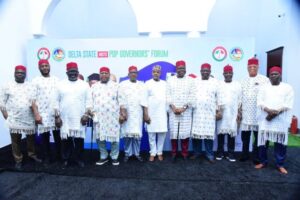A coalition of civil society and labour activists across Africa have raised alarm on the wide-scale commercialization of water in the continent to corporate firms whose motivation is to reap maximum profit at the expense of the public.
The activists made the disclosure at a press conference on Monday in Lagos to mark this year’s Africa Week of Action Against Water Privatisation with the theme; Holding Hands to Protect Africa’s Water from Corporate Capture
Neil Gupta, Campaign Director at Corporate Accountability, who joined the press conference via Zoom from Boston, USA, accused Western powers and their financial fronts – IMF and World Bank of being the sole beneficiaries of water privatization.
He lamented that water which is essential for all life, has now become an entire industry where investors exploit ‘our need for water to profit.’
He said multi-billion dollar corporations and their wealthy shareholders, mostly based in the global north (Western Europe and America), have made riches from privatizing community water systems across the globe.
He listed the largest water privatizers in the world to be French corporations, including Violia and Suez which rake in billions of dollars in revenue from their water business every year to pay their shareholders.
He said the World Bank even directly invests in water-privatizing corporations, tying its financial interests to those of the corporation rather than the people
“Now the World Bank uses pretty much every tool at its disposal to promote water privatization, from loans geared towards setting up systems for corporate control, to policies that push austerity and privatization at the expense of communities and the planet.
“And this year the British Government entered a partnership with the Private Water Corporation called Mittido to create a new company that’s focused explicitly on expanding water privatization across the continent.
“And the World Bank’s International Finance Corporation, or Ifc is already a direct shareholder in Mittido. Meaning that their interests are aligned with the profitability of the corporation, not the benefit of the people,” Gupta said.
Akinbode Oluwafemi, executive director at Corporate Accountability and Public Participation (CAPPA), said those rights of people are being taken over by corporations under different guises.
“Right to life, right to water, right to education. Even our right to elect the kind of leaders that we want is gradually been taken from us by corporations,” he said.
He said the story all over Africa is the same, which is the lack of access to water.
According to Akinbode, the strategy deployed by water privatizers is to create conditions of lack. “And when people don’t have access, whatever is thrown at us, we take. That is the narrative they are pushing that for us to have water, it has to be privatized. We said no,” he said.
Fatou Diouf, the project coordinator at Public Service International, who also joined via Zoom, said the push of Public Private Partnership (PPP) in Africa through the World Bank and Structural Adjustment Programme in the late 80s and 90s was the worst thing that ever happened to the continent.
She said: “The concept and modalities of its work were never clearly understood. But for the propaganda that public services not only water management, would not be managed efficiently, hence the need to introduce the business model into the management of the public sector. This opens the floodgates to the provision of public goods by profiteers, turning public goods into commercial services.”
Another activist, Kete Kumo, who joined the meeting via Zoom from Mozambique, said the water privatization in the Southern African country failed to guarantee water supply to most homes.
Other speakers at the event include Aderonke Ige, a director at CAPPA, Zikora Ibeh, also of CAPPA and Hassan Soweto of Education Rights Concern.










More Stories
Military air strikes kill several terrorists in failed attack on Marte
Pastor’s driver mauls four siblings to death with pestle
Saudi Govt deports controversial Islamic cleric, Sheikh Gumi to Nigeria